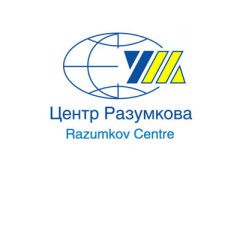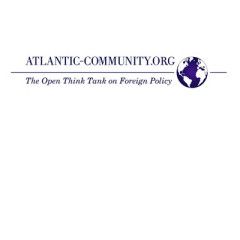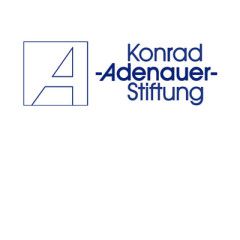Resolving the situation in Donbas may take many years
The second round of consultation with the contact group in Donetsk on 27 June ended with new agreements. The leaders of the self-proclaimed republics promised ceasefire until 30 June and the release of four OSCE observers in the nearest future. Also, the meeting resulted into an agreement to release hostages, informs the news agency Deutsche...
SIPRI Yearbook 2013 launch
On March 5, 2014 Razumkov Centre presented the Ukrainian version of the SIPRI Yearbook 2013: Armaments, Disarmament and International Security. The Yearbook published by the Stockholm International Peace Research Institute (SIPRI) since 1969. This is one of the most respected sources of information in the field of international security. It is...
The Third Republic: Ukraine struggles its way through to Europe
For Estonian Center of Eastern Partnership visiting research fellow at the Razumkov Centre Aleksei Sekarev wrote policy paper “The Third Republic: Ukraine struggles its way through to Europe”. …read more Source: Razumkov...
The peace plan of President Poroshenko showed Kyiv above all sought peace
Co-director of Foreign Relations and International Security Programmes of the Razumkov Centre Oleksiy Melnyk spoke to the website Hlavred about the pros and cons of the peace plan of President Petro Poroshenko. There was a lot of criticism of the peace plan and its feasibility. However, I think it made some sense because Ukraine has once again...
Ukraine’s regional integration policies: The EU versus the Eurasian community
It would be a gross mistake to attribute its existence to the mere political preferences of any factually ruling political groups and their lack of desire to make a decisive choice …read more Source: Razumkov...
Ukrainian-Russian economic relations: unexpected changes and new challenges for Ukraine
Since the collapse of the Soviet Union in 1991, Russia has been playing an extremely important, though permanently changing, role in Ukraine’s development. But the last 2013 year brought with it the most radical change in the scope and character of these relations, starting with serious tensions that pushed their mutual trade very close to...
Highlights of the Summer so far!
We wrap up June with a look back at some of the highlights of summer 2014 so far. With the recent collapse of the Iraqi government’s authority in northern Iraq, the Ukraine crisis and the end of the fifth round of TTIP negotiations, it continues to be an eventful year for the foreign policy community at large. Our members have been...
Ten Myths Used to Justify Russian Policy in the Ukraine Crisis
The political upheaval in Ukraine has placed territorial and social cohesion, as well as the country’s financial and economic viability, at stake. The events in Crimea have recently made clear that this critical destabilising effect primarily emanates from pro-Russian forces or actions by Russia itself. The arguments used by the Kremlin to...
Should Finland Join NATO?
The Ukrainian crisis has focused the attention of the international community and global mass media on the region. The annexation of Crimea and the possibility of several regions in eastern Ukraine seceding have been rightly seen as major changes to the post-Cold War geopolitical situation in Eastern Europe. At the same time, these events may...
Event Report: The Cost of Peace and Freedom
The Atlantic Initiative held a public event in Berlin in cooperation with the Heinrich Böll Foundation on The Cost of Peace and Freedom: What is security worth to us today? The panel included a security expert and a member of the Bundestag’s budgetary and defense committees. Panelists discussed Germany’s role in global defense...




